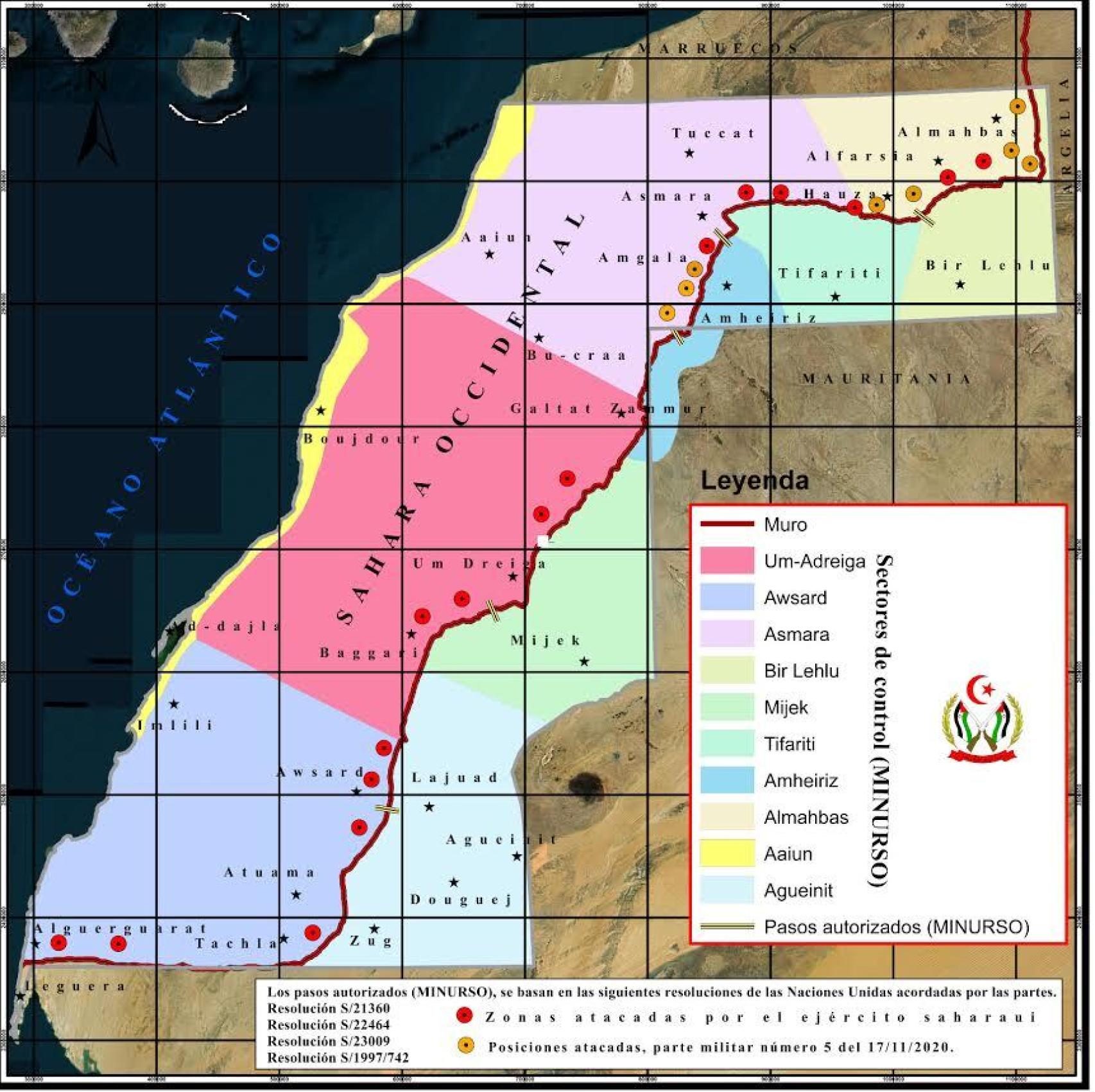Table of Content
Do you enjoy working on homes, or have plans to make improvements? Any days you spend working on the vacation rental property don’t count against the 14-day limit. That means, you can stay at your new beach house whenever you want as long as you’re putting in some elbow grease to improve its value. We’re the largest vacation rental management company in the U.S., which means we most likely operate in your area (and if we don’t, you can bet we’ll be there soon). Supported by a modern global operations system, our local experts take care of everything from permitting to cleaning.
He received his BS degree in Accounting from Mankato State University in Mankato, Minnesota in 1972. He received his CPA certificate from the State of Minnesota in 1978. He has over 10 Years of Big 6 CPA firm experience where he served as a tax manager with Price Waterhouse & Company. There may be additional steps you need to take in order to convert your second home into an investment asset that qualifies for a 1031 exchange. As always, consult with tax and legal professionals with experience in these matters before attempting a 1031 exchange. Real estate investors who have second residences have asked if they can do a 1031 exchange on a second home.
Relinquished property
2022 Real Living Real Estate, LLC. Real Living is a registered service mark. The Qualified Intermediary is an independent party who helps accommodate both the sale and subsequent purchase transactions.

Because it is defined in the tax code there is a whole host of rules that go along with it. This is a perk for investment properties only; you can’t use it to move up to a nicer home. Water rights and timber rights are generally characterized in the same manner as oil, gas and mineral rights. It should be noted, however, that these rights are characterized according to state law. For example, the State of Oregon characterizes that the right to cut standing timber is personal property, whereas the State of Georgia characterizes it as real property.
What Is 1031 Exchange Depreciation Recapture?
The exchanger has the flexibility to change investment strategies to fulfill their needs. This doesn't mean that primary residences can't benefit from tax savings. Rather than deferred tax savings, as is the case with a 1031 exchange, a primary residence can benefit from immediate tax savings. The properties being exchanged must be considered like-kind in the eyes of the IRS for capital gains taxes to be deferred. Instead of selling the Seattle property, and paying capital gains taxes on the profit, he decides to do a 1031 exchange that turns his one property into two. Note that under these safe harbor guidelines, completion of this exchange takes place within a four-year window.

Once you sell your second home, you have exactly 180 days to purchase a new property for a valid 1031 exchange of the second home. If filed correctly, taxpayers will completely defer capital gains taxes in the year of which the exchange was completed. Additionally, it is important to note that one “reasonable” property must be identified within 45 days of a vacation home sale for the taxpayer to remain eligible for the 1031 exchange. Unlike in the sale of a personal residence, vacation homes that are considerable as a business or second home are subject to capital gains taxes in the event of a sale. Capital gains taxes can be as high as 20% on expense vacation homes, in addition to the federal, local, and sales taxes that are also applicable to the bill of sale.
How to Make this Exchange Work
Expertise is required on your part or that of your tax advisor to optimize financial gain. So, if you conduct yourself in an investor-like manner and keep your property rented, your exchange is likely to succeed. Within the Qualifying Use Period, in each of the two years, you must rent out the home for 14 days or more at fair market rental value. The challenge then is convincing a skeptical IRS that changes aren’t simply a 1031 Exchange vacation home tax avoidance ploy.
IRC Section 1031 has many moving parts that real estate investors must understand before attempting its use. An exchange can only be made with like-kind properties, and Internal Revenue Service rules limit its use with vacation properties. There are also tax implications and time frames that may be problematic. Swapping your income property for a vacation rental home as part of a 1031 exchange is a personally rewarding way to level up your investment.
Here’s how a 1031 exchange with one property for two might work. 🏘️ Contact us today and we’ll put you in touch with vetted 1031 professionals who’ll help you achieve your investment goals. Our team specializes in the acquisition of mineral rights, royalties, overriding royalty and non-operated working interests. Document concerted efforts to rent out the property with postings, listings and other advertising.
We’ll market your property on popular vacation rental channels, such as Airbnb, Booking.com, and Vrbo. Plus, we automatically set optimal rates using our dynamic pricing technology. For the exchange to be completely tax-free, you can’t receive “boot.” Partial exchanges of a newer, but lesser value property, are allowed.
Converting rental property acquired in a 1031 exchange to a primary residence blends Section 1031 with Section 121 that provides the $250,000/$500,000 exclusions. To benefit from Section 121, the converted property must be held for five years with the first two as a rental also known as non qualified use. At the end of five years, 3/5 of the gain is excluded given the $250,000 or $500,000 limits in Section 121. Only business or investment properties are eligible for swapping as a 1031 exchange.
Conversely, seemingly minor acts of commission and omission could sabotage your exchange. Discovering belatedly, e.g. that a HOA covenant prohibits rentals when a successful exchange requires it. Details matter to the IRS and the Courts in contested exchanges. One might think that financial stress was the most persuasive taxpayer argument. Under these circumstances the exchange was approved by the IRS Commissioner.
It is possible to receive money; however, any funds received will be taxed. When your exchange funds are sent to us, they are placed in a money market savings account. We do not commingle our operating account with your exchange funds. The money does not move from this account until authorized by the Exchangor to do so for the purpose of closing. Second, you can't live in your home at all while it's a rental property, and you must rent it out.

It will be important that your business pays rent for the space at current market value and that the business does not get treatment that other tenants do not receive. Again, there is not a tax code mandate of one year, but it may be that the IRS would like to see at least a one-year hold. The only minimum required hold period in section 1031 is a “related party” exchange where the required hold is a minimum of two years. Exchanging property across state borders is a very common thing for investors to do. It is important to recognize that the tax treatment of interstate exchanges vary with each state and it is important to review the tax policy for the states in question as part of the decision-making process.
You may have cash left over after the intermediary acquires the replacement property. If so, the intermediary will pay it to you at the end of the 180 days. That cash—known as boot—will be taxed as partial sales proceeds from the sale of your property, generally as a capital gain. In summary, an owner can take their second home or a vacation home and rent it for 14 days a year at fair market value for two years and then exchange out of it. Remember that the owner's personal use must be limited during these two years to under 14 days a year, or 10% the time it's rented to others at FMV. The other alternative is to rent the property at fair market value as a principal residence to either a related or unrelated third party for two or more years prior to the 1031 exchange.


No comments:
Post a Comment